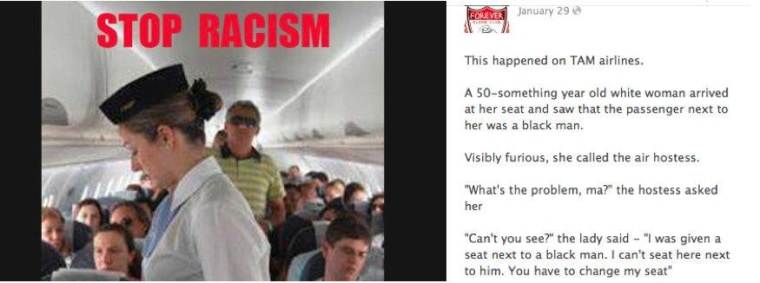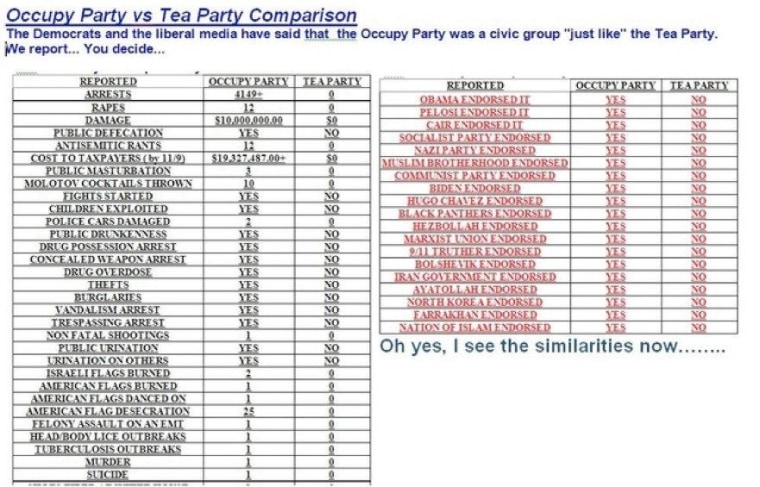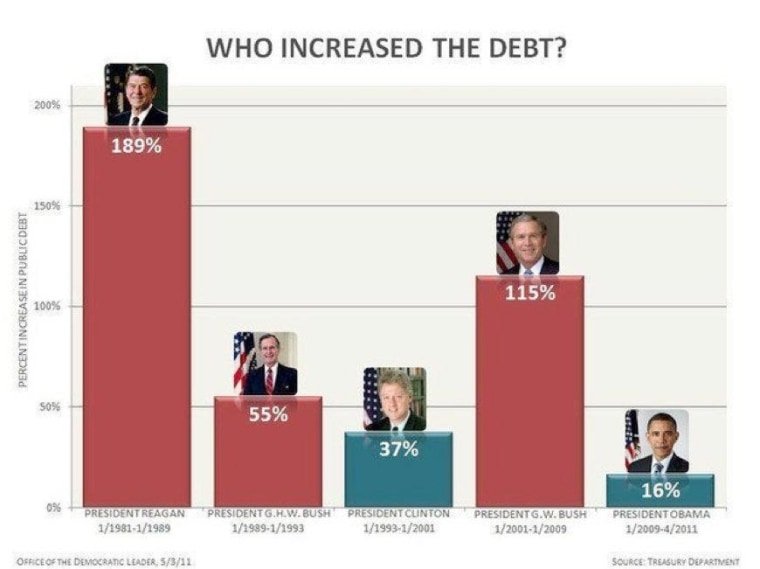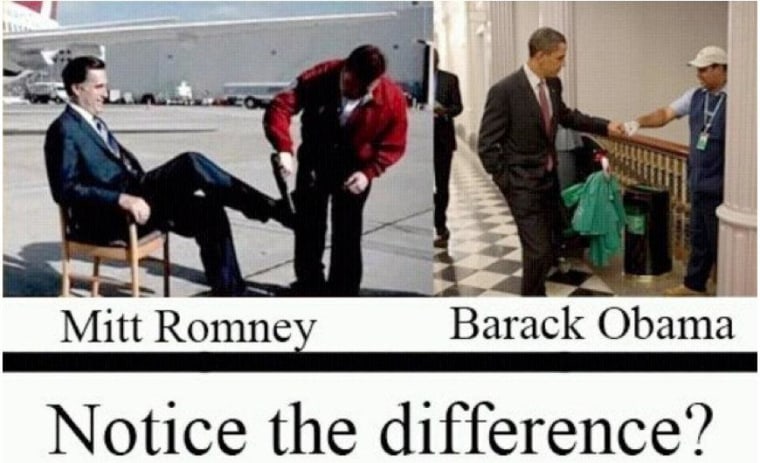
Jack Stuef
James Denham does not have a strong social media following. He’s basically anonymous; type his name into Google, and you’re not going to find anything about him. But in January, Denham ran across an image of what appeared to be two teenagers cruelly hanging a puppy by a string and posted it to his Facebook wall. Text on the image implores users to “share this picture” and contact authorities if they recognize the perpetrators.
The photo has since been shared over 70,000 times from this profile, making it among the most widely viewed content on the site. Yet what Denham didn’t realize at first is this image has been circulating on the Internet for years, and the culprits were identified long ago. The photo is completely useless at this point. It appears somebody eventually notified Denham of the image’s past, as he has left multiple comments on his post trying to alert other users to its history. But it’s been in vain. The photo continues to be spread around by oblivious people every day, despite the comments and despite being of absolutely no use to the world.
Facebook is great for sharing funny things, but the truly funny ones almost always come from somewhere else. These don't. These are Facebook’s memes.
The Facebook share button, in its current iteration, allows users to take content from another user’s profile and re-post it on their own profiles, along with a byline from the original poster. By design, it works like Tumblr’s reblog or Twitter’s retweet function. In practice, it can work more like a human centipede.
These shared items, which are usually an image that has text, or sometimes an image accompanied by an urban-legend type caption, carry on the legacy of chain emails that were a major part of Internet culture in the 90s. Such spam has since diminished as Internet content has grown and, along with its users, become more sophisticated. That these dumb images, which regularly accumulate tens or hundreds of thousands of “shares,” now rival even the most “liked” articles and videos on Facebook, is an embarrassment for the social network.

Urban legends
Some of these shares, like this one recounting a hoax story about a woman on an airplane complaining about sitting next to a black man, got their start as chain emails. Snopes.com dates this tale back to 1998. On Facebook, a photo of a white flight attendant is used to make the story shareable. At least one posting of this urban legend has more than 100,000 shares and likes combined. Note: That's just a single post on one profile – there are many, many more.
The NAACP’s Facebook page, by contrast, had less than 106,000 likes at the time of this post. Perhaps if that organization had spent more time spreading made-up stories about bigots in the sky and less time trying to get civil rights legislation passed, it would be more popular on Facebook today.
The users who post these things are often shameless and have no qualms about asking for shares in the caption or in the image itself.
Quotations of dubious origin are also a favorite Facebook meme. People elsewhere on the Internet have debunked the attributions on Betty White and John Wayne quotes, but that hasn't made a difference.
The debunkings of these memes are never going to be shared nearly as broadly as the memes themselves, which seem like they will become viral intermittently in perpetuity. John Wayne and Betty White will be “saying” these things on Facebook until its users forget who they are. At that point, the quotes will be attributed to elderly stars like Justin Bieber and that dog from "The Artist."

Of course, we can’t expect like-hungry trolls to stop at photos of abused puppies. Congratulations, babies with serious medical conditions — you’re all Facebook famous! Such memes use the same tactic: exploit a small dying child’s photographs; write a breathless, obviously fallacious caption about how this kid will only get the medical care he or she needs if the meme scores enough likes and shares; and watch the attention roll in. Meanwhile, the child either recovers without your help or dies. Or the child's been dead for years.
Political rhetoric
Despite Facebook sponsoring presidential debates, interviewing newsmakers and commissioning opinion polls, keeping up appearances as an important American institution and serious media organization concerned with civic values, the prevailing political discourse is as rotten as any Facebook meme.
It’s telling that the only political item on Facebook’s top 40 “most shared” news article list of 2011 was a blurry, resized infographic of debatable accuracy: Occupy Party vs Tea Party Comparison. That’s exactly the sort of thing that becomes a Facebook political meme, albeit even more poorly made and less likely to be factual.

The image above, as BuzzFeed’s J.P. Moore reported in January, has been among the most widely shared by conservatives on Facebook. It’s brilliantly stupid the way only chain e-mail propaganda can be.


These two memes are among the most widely shared by liberals, and they’re both wildly inaccurate. The "Who Increased the Debt?" chart had already been discredited by political fact-check blogs many months before it appeared on Facebook. The photo of Mitt Romney is a 2008 Getty image showing the presidential candidate going through airport security before boarding a plane. But somebody decided it looked like the official wanding him was actually shining his shoes, so another meme predicated on misinformation was born.
These political memes may be the most insidious of all, because they could – theoretically – have serious effects not only on the discourse, but on election outcomes as well. Political images spread quickly in part because Facebook users’ friends are by and large demographically similar to themselves. Most conservatives are mostly friends with conservatives; most liberals are mostly friends with other liberals. These politically insular memes confirm and strengthen users’ ideological beliefs, and truth is optional. One can’t just dismiss these memes because they’re dumb, poorly made and factually challenged. Facebook is huge, and this is its most popular content.
Facebook may now be America’s greatest entertainment, but the junk content that is increasingly working its way into our news feeds makes eHow articles look like the Great American Novel.
Facebook would be more enjoyable for some people if it went back to the basics and focused on its original role as a virtual hub for maintaining real-life friendships. As some have suggested, it could encourage users to take time to mass-unfriend people and prune their network into a group of true friends they actually care about. Instead of worrying about the threats posed by other kinds of social networks and jamming similar features into Facebook after they become popular elsewhere (Instagram, for instance), the company could focus on cautiously improving what it does best and learn to live among a community of social networks that offer different things to different people. But it seems there’s no turning back.
Still, if enough people complain about these memes littering the site, I’m sure Facebook will find a way to clean it up for the users who don’t want to see it. The company eventually managed to tuck "Mafia Wars" requests away into the profiles of people who actually want to play the game, to the relief of the majority of its users who just can’t seem to see the vital importance of helping a friend steal a virtual handgun in text-based Chicago. That’s no small feat.
A longer version of this story (with even more crazy images of Facebook memes) originally appeared on BuzzFeed.
More from BuzzFeed: